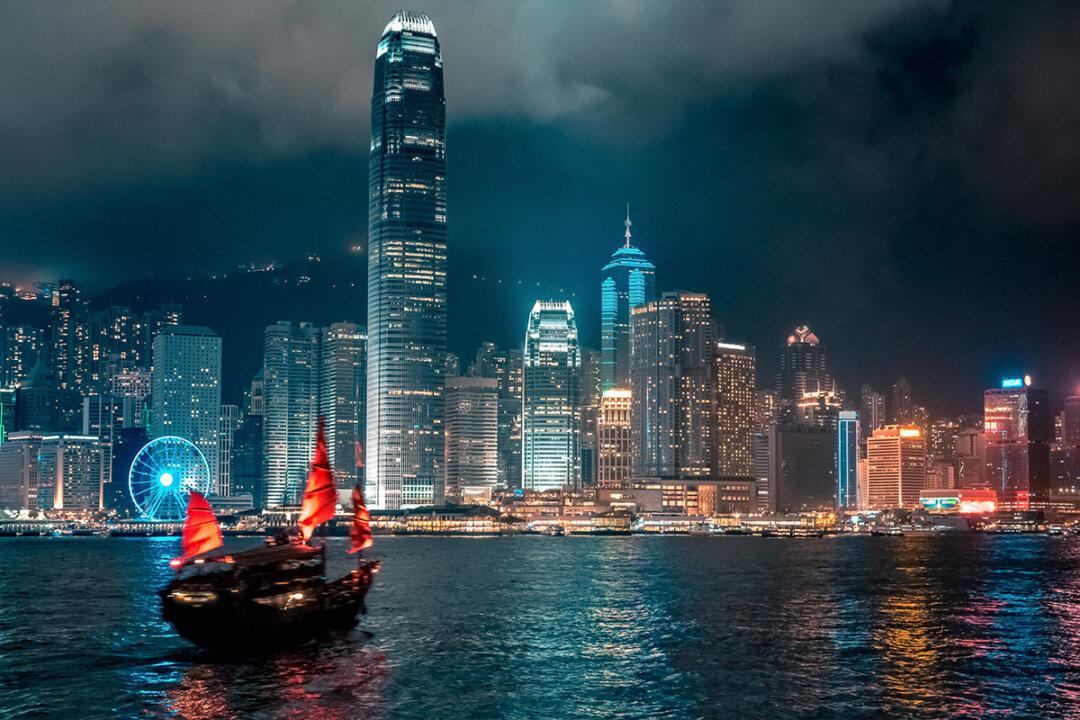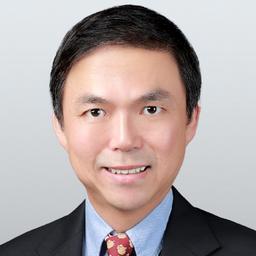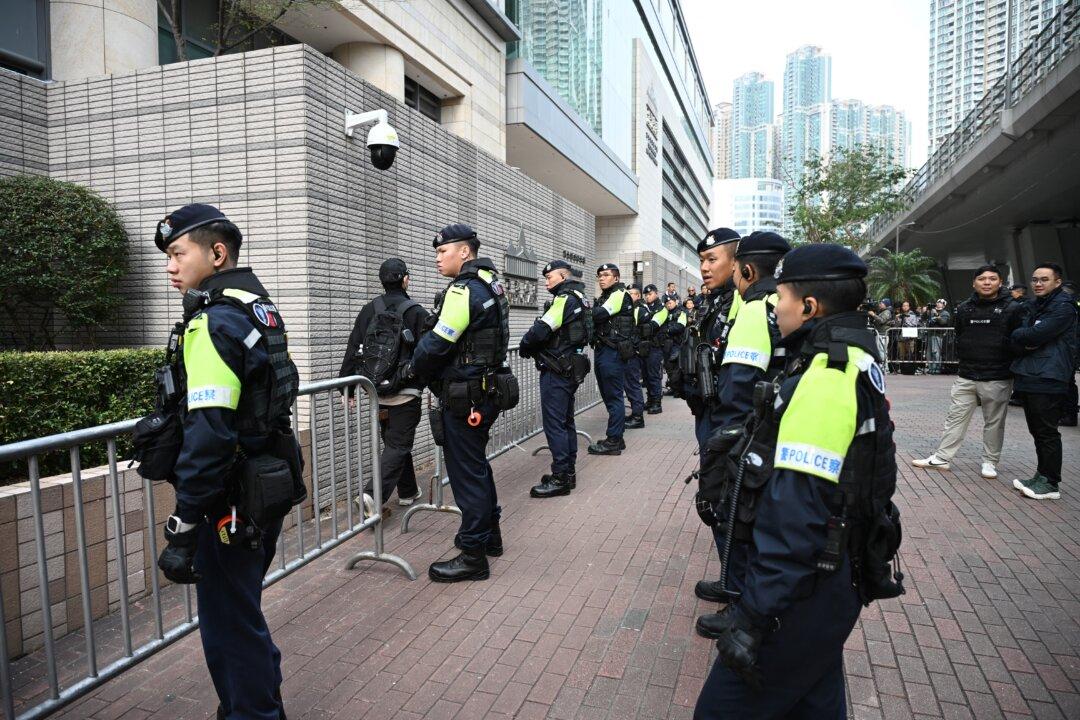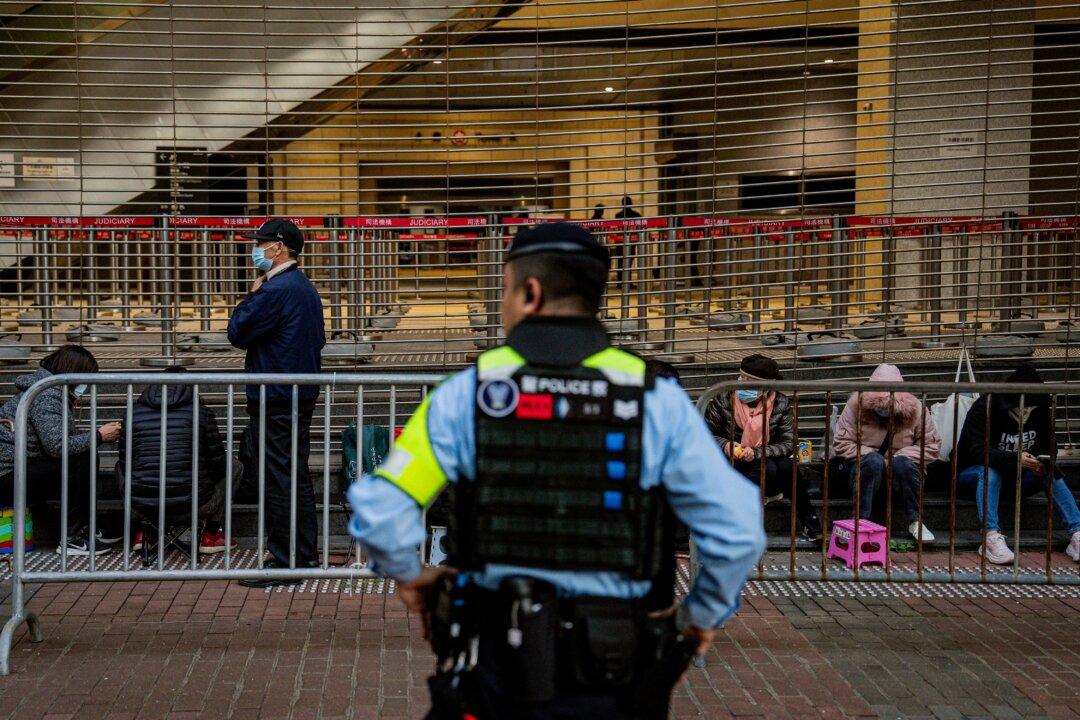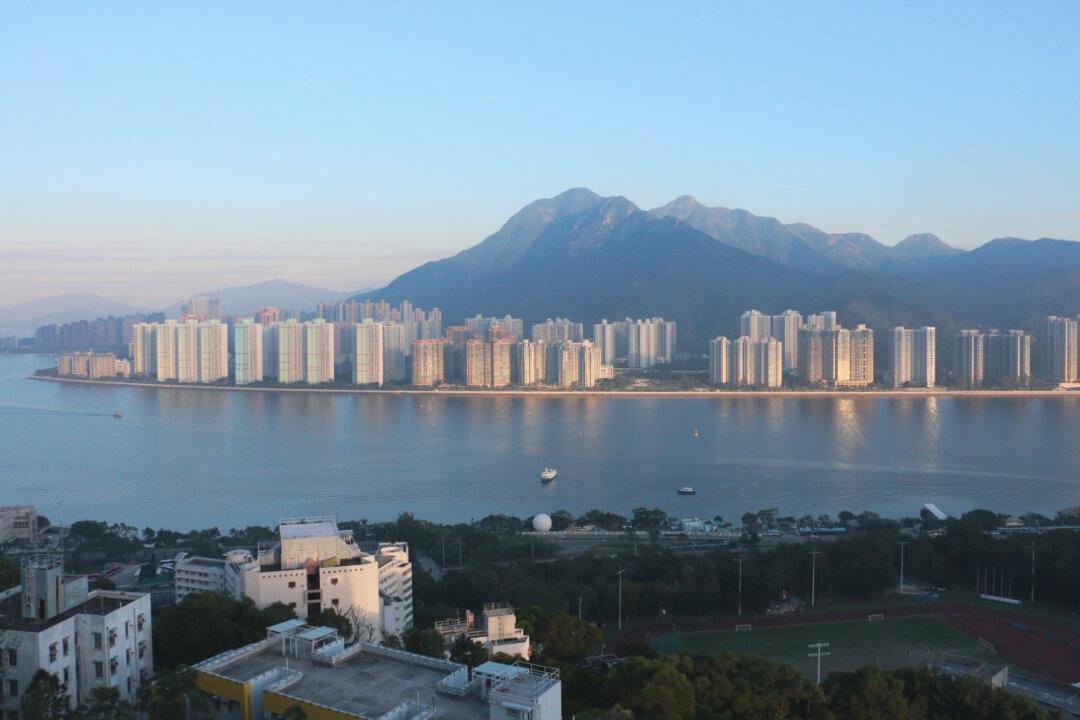Commentary
As we approach the end of August, my mind is filled with thoughts of Hong Kong. This city has experienced significant changes due to the strict National Security Law (NSL) imposed by Beijing. In early September, my team will host the “Global Prayer Movement for Hong Kong’s Political Prisoners” as part of the three day “World Hong Kong Forum” in Toronto, Canada, which I'll elaborate in this month’s written piece.
